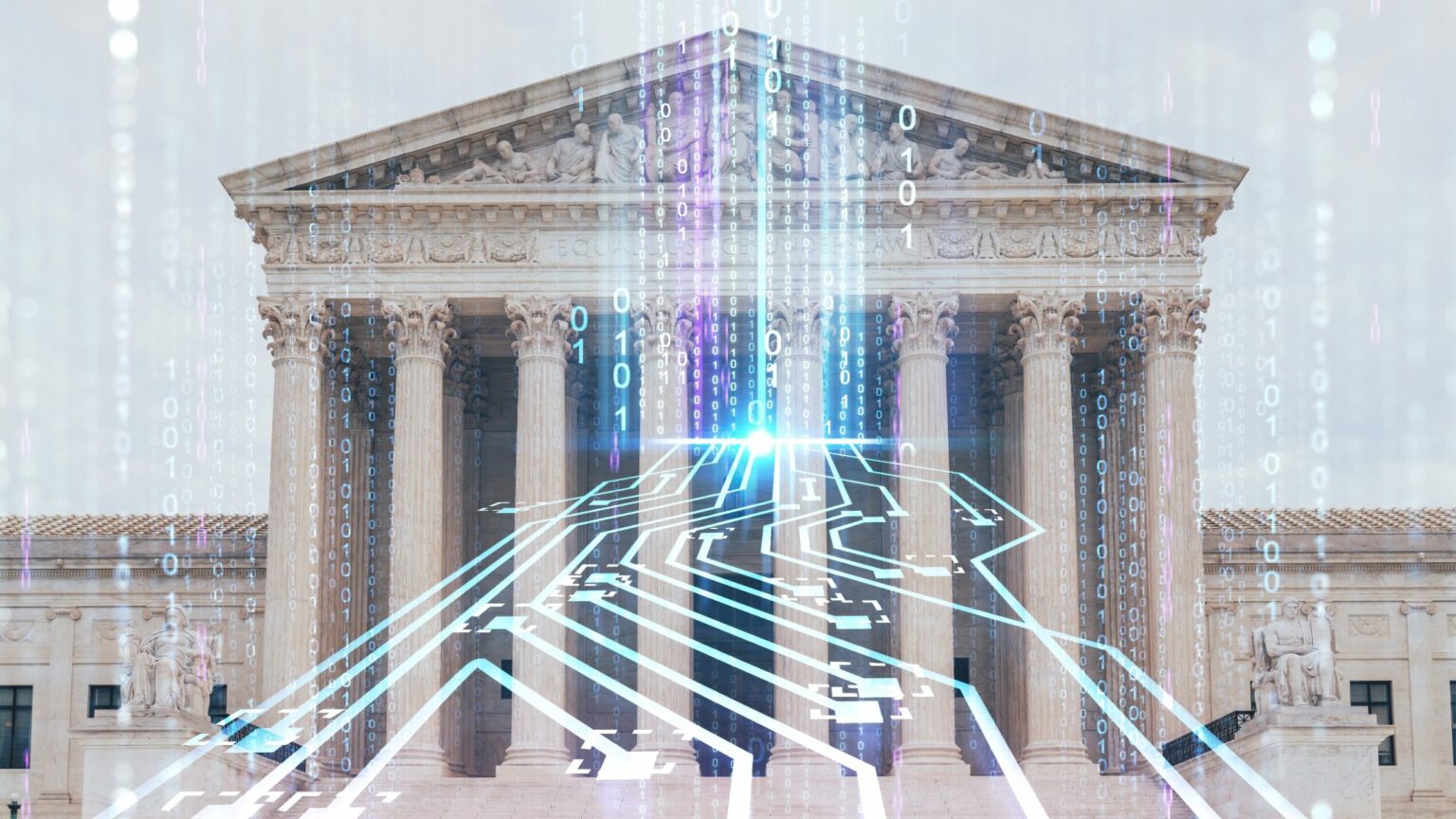U.S. Department of Justice (DOJ) antitrust chief Jonathan Kanter warned that the growth of AI technology will “not escape regulatory scrutiny” because of the potential competitve dangers that could arise from its use.
Kanter, who heads the DOJ’s Antitrust Division, said the agency hired several data scientists and other technology experts to spearhead its artificial intelligence initiative code-named “Project Gretzky”, American publication Axios reported.
Confronting AI head-on
It is all part of preparations to confront issues posed by the development and growth of AI, said Kanter. “We use the term [artificial intelligence] as if it’s a very narrow category, but these are just tools,” Kanter stated at the South by Southwest Festival in Austin, Texas recently.
“When we think about AI, we think about it as a tool…it’s really important that we understood that, so we’ve hired data scientists and are bringing in expertise to make sure we have the ability to understand that tech.”
Under Kanter, who is also DOJ Assistant Attorney General, the division has already hired “a chief economist with a background in computer science and machine learning,” according to some media reports.
The drive to recruit more tech experts shows concerns “about how companies may use data and algorithms to target consumers with highly personalized offers, recommendations and information that may entrench a company’s dominance.”
Also read: US Senators Want Zuckerberg’s Meta to Keep Teens out of Metaverse
Kanter revealed that the Department of Justice has code-named its AI initiative “Project Gretzky”. The project was named after legendary Canadian ice hockey player Wayne Gretzky – famed for a line about “skating to where the puck is going,” Axios reported.
Risk of price-fixing via AI
Artificial intelligence is a powerful and promising new technology. The AI hype reached fever-pitch with the launch of OpenAI’s chatbot ChatGPT in November. Since then, have spent billions of dollars to ensure that AI is at the center of all sorts of products and services.
Over the past two months alone, Microsoft integrated ChatGPT into its Bing search engine and Google unveiled a ChatGPT-like service for search called “Bard“. Chinese tech giant Baidu is expected to launch a similar AI service, known as “Ernie Bot”, this month.
Grammarly and Slack have both added AI. Judges in Columbia used AI to rule on cases. The list is long.
DOJ’s Jonathan Kanter is worried that artificial intelligence could “facilitate price-fixing.” In 2022, he said that companies that use AI to program their services “may need to start training their AI to steer clear of cartel enforcement action by the Department of Justice.”
More recently, CNN quoted Kanter as saying, “One of the things we’re confronting in any market we address today. Whether it’s healthcare, energy, consumer tech, enterprise tech and everything in between, the importance of data is so significant.” He added:
“[It is] so substantial that we need to understand at an expert level how that data is used, how it affects the economics, how it affects the potential for tipping, moat-building and other competitive dynamics.”
Regulators sound tough on AI
Kanter has shaked things up since his appointment to the Assistant Attorney General position in November 2021. He leads a division with a staff complement of 800, and has been aggressive enforcing laws aimed at “fighting and blocking big deals.”
Since coming to office, Kanter has challenged six merger transactions in the U.S. High Court, including one lawsuit that targeted Google’s dominance in the online advertising business.
Since its inception in November 2019, the Justice Department and PCSF have prosecuted over 50 companies and individuals for crimes involving over $350M worth of government contracts. pic.twitter.com/80ShL3TsOs
— Antitrust Division (@JusticeATR) November 18, 2022
The antitrust boss told Politico in January that his aggressive strategy of taking companies to court “gives him the chance to forge long-term precedent that shapes the government’s ability to constrain what it sees as excessive corporate power.”
Kanter’s comments come on the backdrop of similar statements from Margrethe Vestager, Executive Vice-President of the European Commission. Vestager warned that her team is on guard to curb potential competition abuses in the metaverse and in AI.
She said the EU has started to investigate how language AI models such as ChatGPT are changing the landscape.









 and then
and then